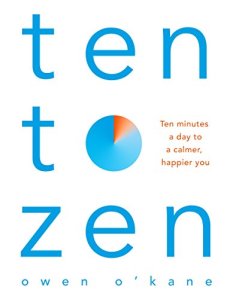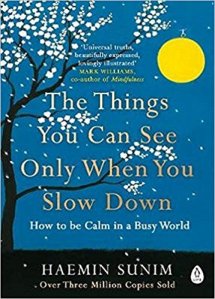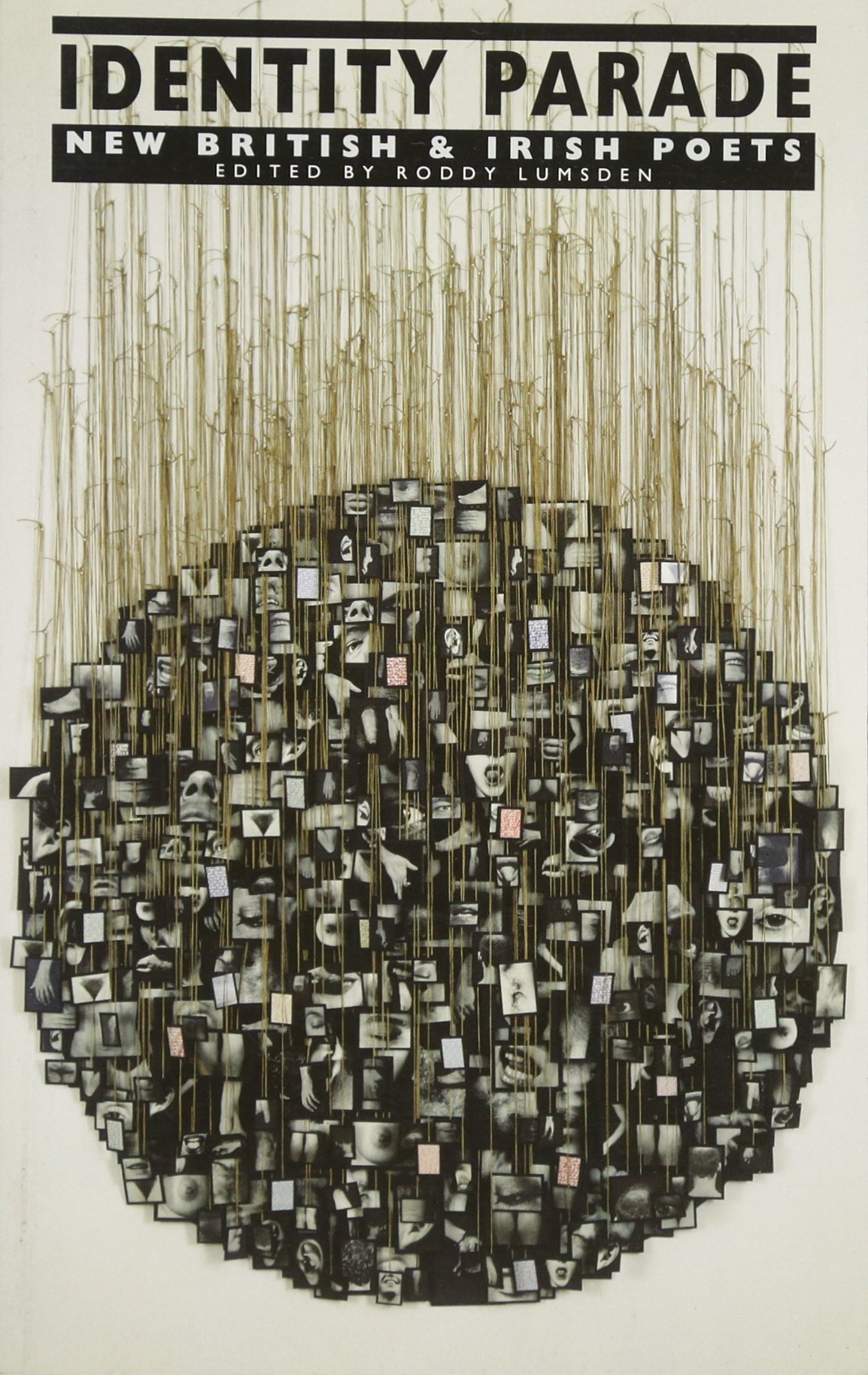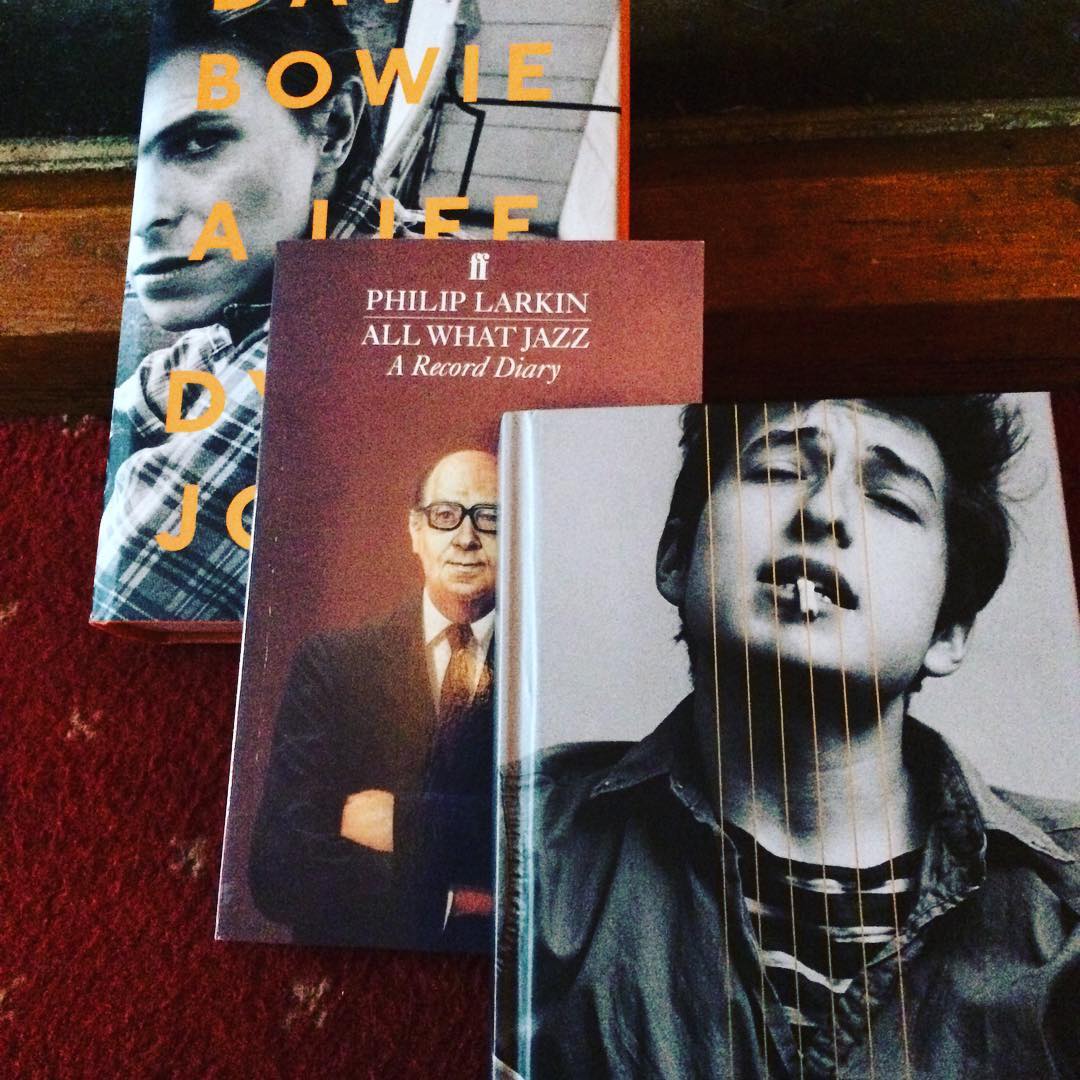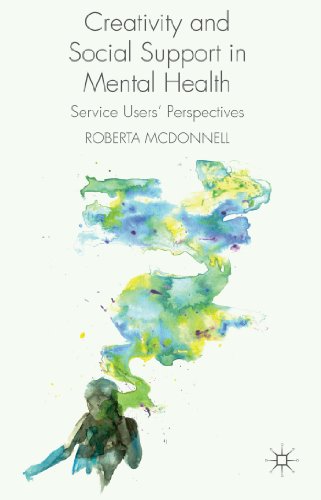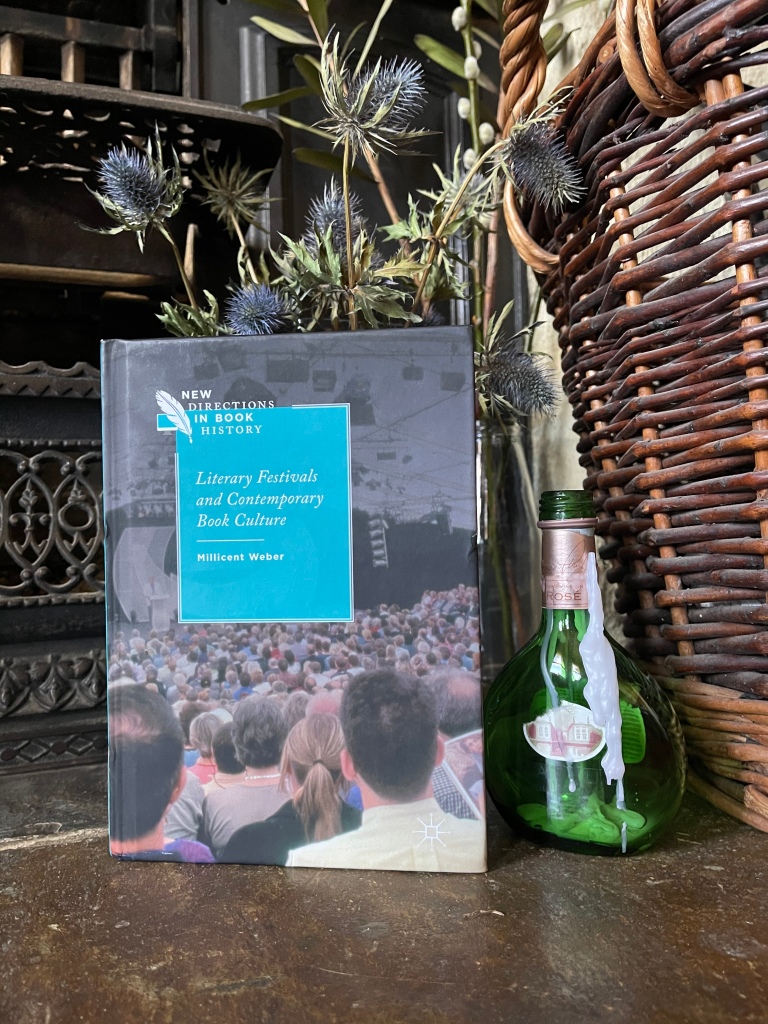
A Little Back Story
Like most performing arts, literary and book festivals are slowly returning in a new, hybrid format that includes both live in-situ and remote online audiences. As one of my favourite indulgences, hearing authors read and talk about their work is something I find captivating, inspiring and uplifting. I am not alone in this experience, as a good deal of qualitative and mixed method research projects are beginning to unearth and demonstrate similar outcomes, not least of which is Dr Millicent Weber’s multi-site ethnography of various events in Australia, USA, UK and beyond.
While Millicent Weber’s (2018) book emerged in the couple of years pre-pandemic, the insights remain valid and can certainly still inform event planners and researchers alike, going forward. They did, in fact, help to inspire and inform my own mixed methods ethnography of audience experiences at the Ninth Belfast Book Festival, 2019. Here are a few extracts from my dissertation – I found the project exciting and enjoyable and hope that comes across! Firstly, where did book and literary festivals spring from?
“…While book signings have been part of author promotion for decades, the consumption of literary festivals operates on a much more expanded level, with their diverse programmes and a more interactive dynamic between audiences and presenters. This world of Literary and Book Festivals displays both cultural and commercial aspects, and is linked to an upsurge in reading groups, to the recent expansion of the Independent Book Shop industry, and with the tendency towards arts promotion through the festival model, globally…”
What are book festivals for? For authors…
“…Authors spend a good deal of time on tour when promoting a new release and as such are becoming more and more like musicians and others in the performing arts. Book sales and book signings have become ubiquitous features of all events that form literary festivals…”
And for book lovers, it’s…
“…the informative, inspirational and pleasurable qualities of event experiences, feeling combinations of being ‘fired up’ and ‘spellbound’… It was also clear that the Festival provides many patrons with opportunities to connect socially and to share celebrations with family and friends…”
Ultimately…
“…Literary festivals are open for business: for authors to engage with their audiences; for aspirational audiences who desire personal growth and wellbeing; for organisations with plans for social engagement; and for marketers who seek to help consumers fulfil their needs, hopes and dreams…”
Here is a little potted summary of the project findings:
- motivations and experiences were described by audience members across three emergent categories:
- Cognitive-cultural (knowledge, empowerment and literary activism);
- Emotional (inspiration, feelings, passions, hero worship and author charisma);
- Social (connecting and sharing resonant atmospheres in ritualised, liminal spaces of escape).
(click here or on the image below to view my presentation on the design, findings, insights and recommendations).

